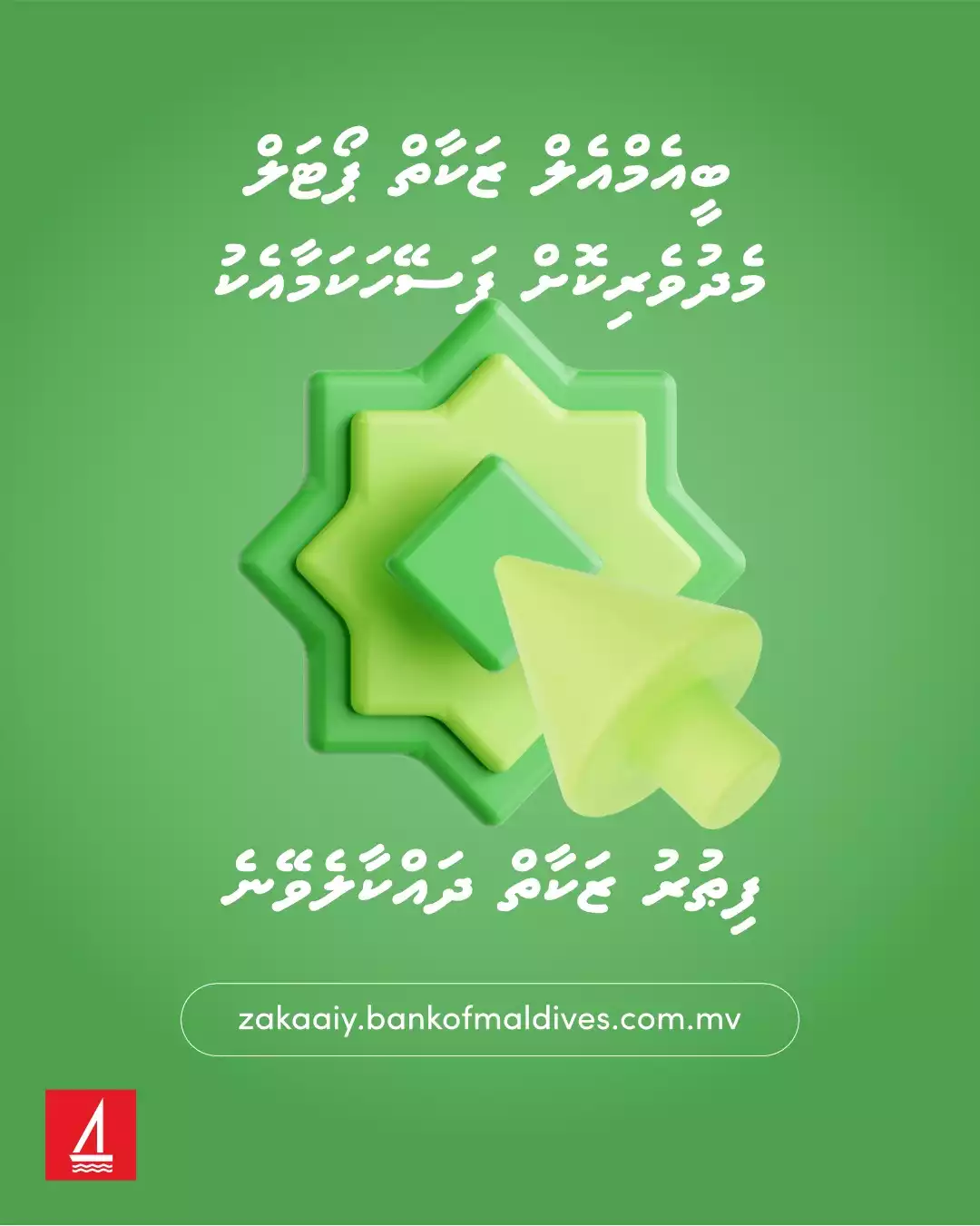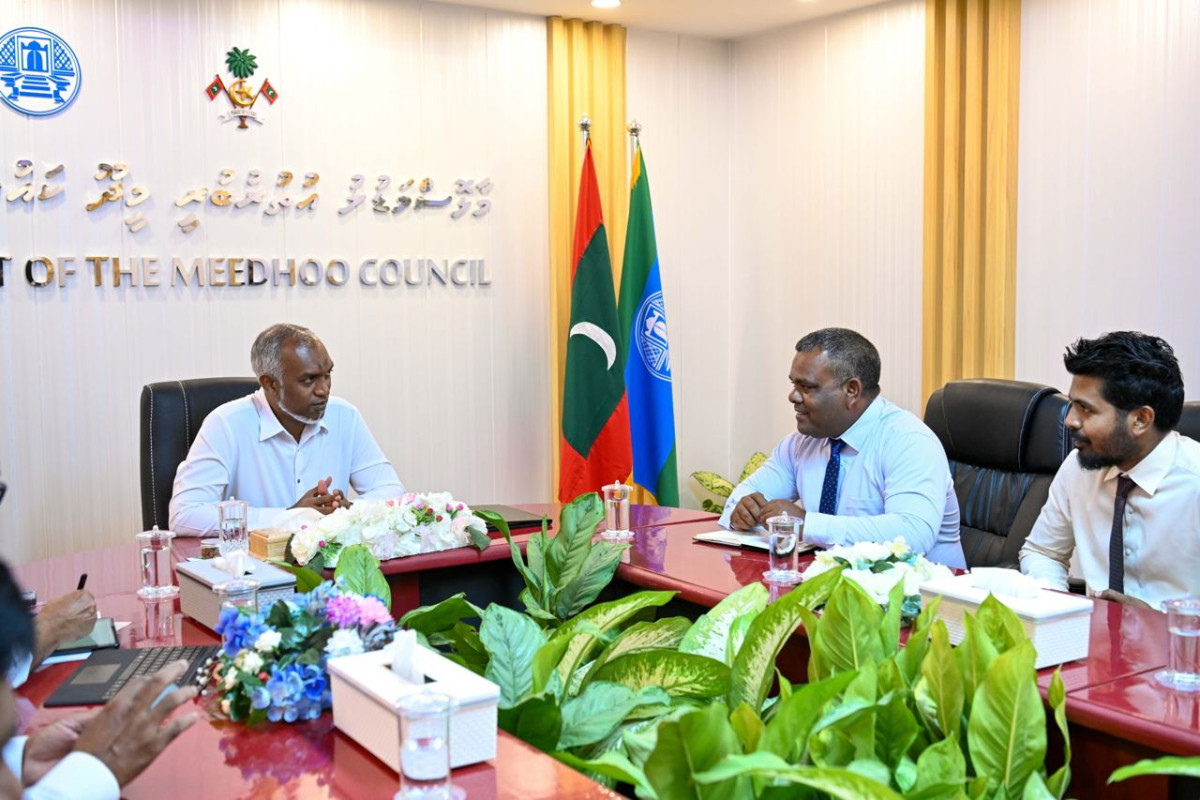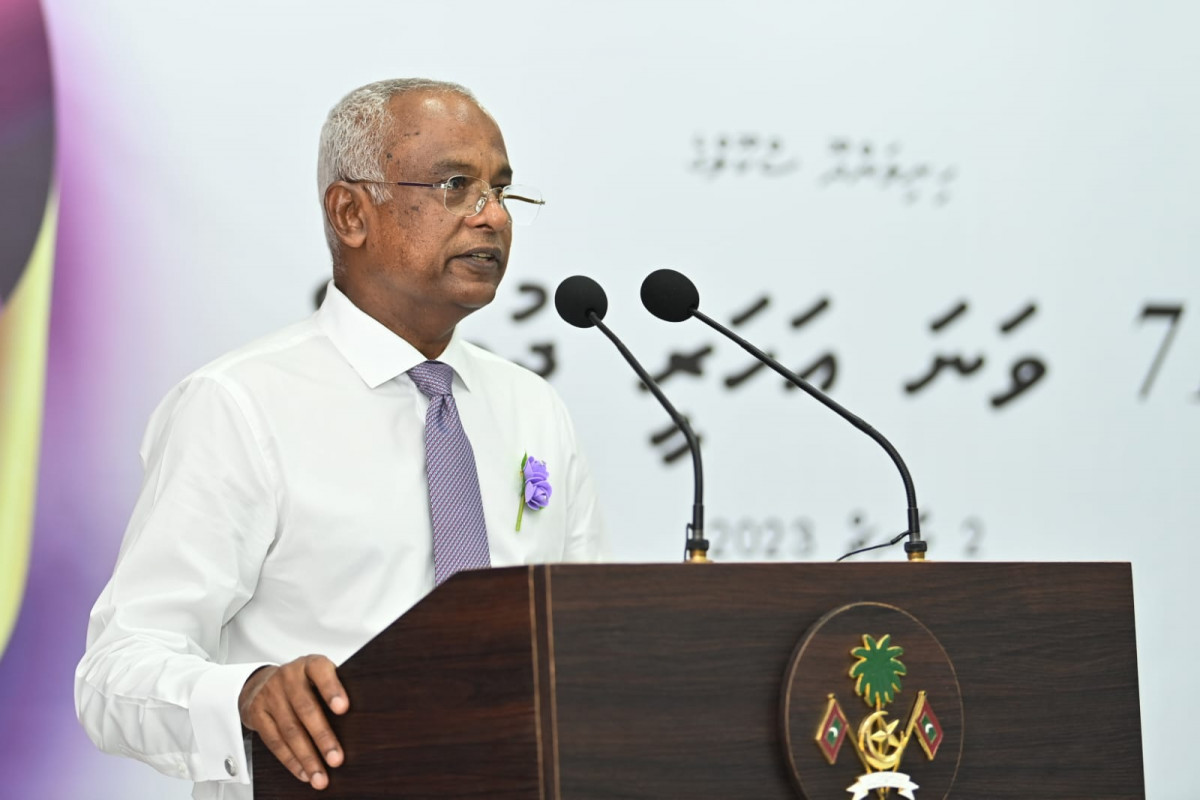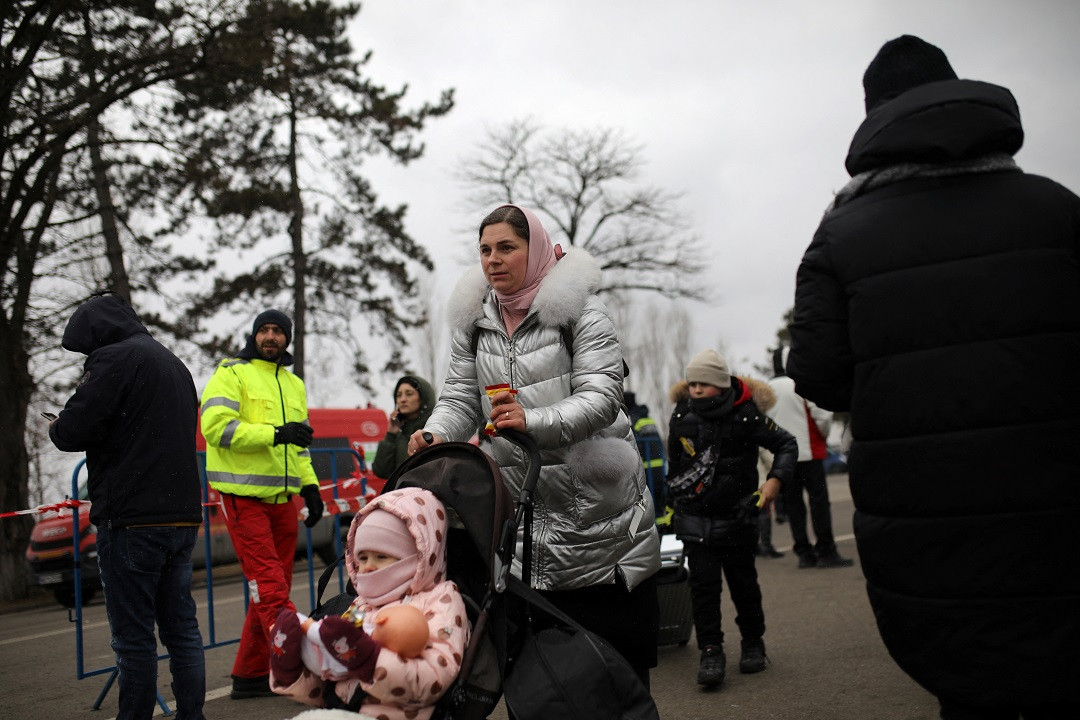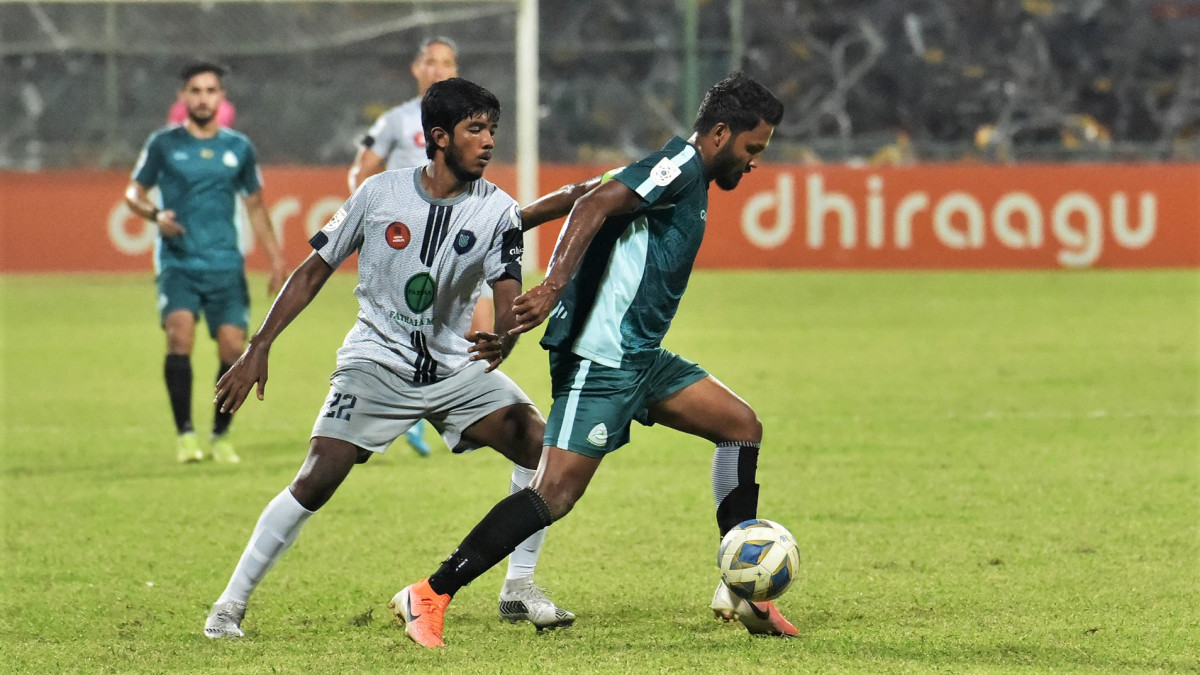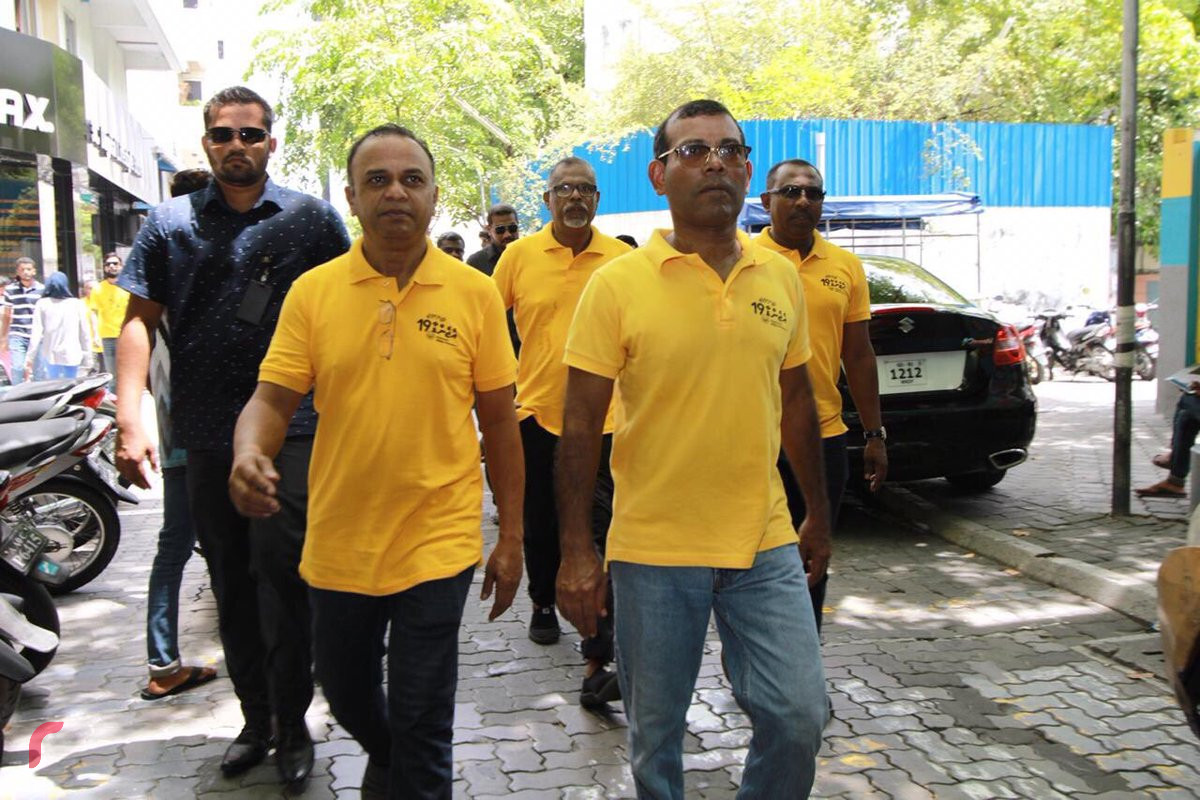Gov’t’s attack on journalism draws int’l condemnation
In a concerning turn for press freedom, the Muizzu administration is pushing forward a controversial media control bill that has sparked international outcry and local protests from journalists. The legislation, which would grant sweeping powers to regulate media content, has united global human rights organizations in calling for its immediate withdrawal.
President Muizzu's government in Maldives is pushing a controversial media control bill that would grant sweeping powers to regulate and control media content

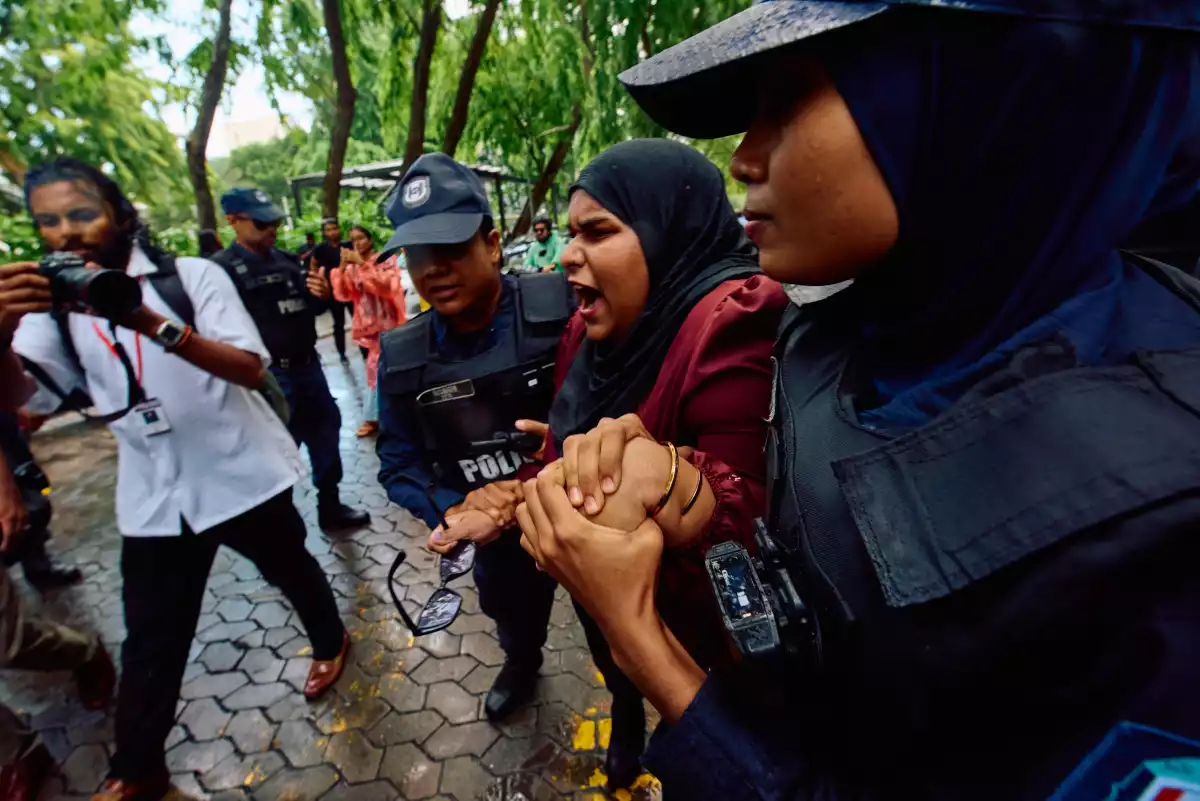
Police forcibly remove a journalist as part of the media protest that took place on August 27, calling for the withdrawal of the media control bill.
The ongoing actions of President Dr. Mohamed Muizzu's government to impede independent journalism in the Maldives have recently garnered widespread international attention. Of particular concern is the government's concerted effort to suppress protests led by journalists opposing the controversial media control bill, which has been tabled in the People’s Majlis with the full backing of the administration.
The legislation, which many believe is designed to undermine press freedom in the country, has sparked a wave of criticism from global organizations advocating for media independence. These groups have strongly urged the Maldivian government to reconsider the legislation, citing its potential to severely curtail freedom of expression and the press in the region.
Notably, South Asian journalists’ associations from Afghanistan, Bangladesh, Pakistan, India, Nepal, and Sri Lanka have united in condemning the legislation. These organizations have called for its immediate rejection, highlighting the dangers it poses to independent journalism in the Maldives. The call has been echoed by major international bodies such as the Center for Law and Democracy, Committee to Protect Journalists (CPJ), Federation of Media Employees Trade Union, Human Rights Watch, International Federation of Journalists (IFJ), Internews, and South Asia for Human Rights, all of which have joined the chorus urging the government to withdraw the bill.
In a notable development, a joint letter has been sent directly to President Muizzu from multiple relevant associations working within the Maldives. The letter urges the president to disassociate himself from policies that threaten the country’s democracy and fundamental rights. It stresses that restricting media freedom and undermining the authority of key councils would destabilize the Maldivian democratic framework, potentially leading to broader human rights violations.
Human Rights Watch has called for the immediate withdrawal of the Maldives Media and Broadcasting Regulation Bill, a proposed law that would grant the government sweeping powers to control and regulate media in the country. The organization raised concerns about the bill at a time when measures to restrict fundamental rights in the Maldives are on the rise, particularly as the People's Majlis continues to study legislation that could severely limit independent journalism.
In its statement, Human Rights Watch highlighted that the bill is part of a broader strategy by the Muizzu administration to curtail freedom of expression and erode democratic institutions. The organization linked the bill to other legislative efforts, including proposed bills to strip administrative powers from island councils, which together could dismantle key elements of the democratic framework established when the Maldives transitioned to democracy in 2008.
Asia Director at Human Rights Watch Elaine Pearson, emphasized the escalating threats to human rights under the Muizzu administration. “Since taking office in 2023, President Muizzu has been curtailing human rights, with media freedom being the first target,” Pearson stated. “The Maldivian government should halt its efforts to restrict freedom of expression and work to ensure greater respect for fundamental rights.”
The Maldives Media and Broadcasting Regulation Bill was introduced on August 18 by Abdul Hannan Aboobakuru, an independent member representing Thulhaadhoo constituency in parliament, who is closely aligned with the government. The bill proposes to dissolve the existing Maldives Media Council and the Maldives Broadcasting Commission, replacing them with a new Media Commission. This new body would consist of seven members, three of whom would be appointed directly by the president. According to Human Rights Watch, the legislation gives the People’s Majlis the power to remove any members elected by media organizations through a no-confidence vote at any time, raising concerns over the independence of the proposed commission.
Human Rights Watch has expressed serious doubts about the potential for the new commission to operate independently, noting that the government's significant influence over its structure and membership could result in a further erosion of press freedom and media pluralism in the Maldives.
The proposed Maldives Media and Broadcasting Regulation Bill continues to draw increasing criticism as it advances through the legislative process, with significant concerns raised over its potential to undermine press freedom in the country. The bill grants the new Media Commission sweeping powers to regulate media content, including the authority to order corrections on online content. Journalists and media staff who fail to comply with the commission’s orders could face fines ranging from MVR 5,000 to MVR 25,000. In addition to this, the commission will have the ability to shut down media organizations, block newspaper websites, and halt broadcasting during investigations into complaints.
Human Rights Watch has raised alarms about the government's efforts to expedite the passage of the bill, warning that these measures could have a chilling effect on free speech and independent journalism in the Maldives.
On August 24, during his speech on Maldives National Day, Muizzu expressed his support for the bill, claiming that there was no intention to control the media. However, despite this claim, government members in the People's Majlis, including Muizzu’s cabinet ministers and loyal members of his PNC, have strongly advocated for the bill’s passage. Many observers believe these parties are working in concert to push the bill forward in alignment with Muizzu’s agenda.
The urgency surrounding the bill was highlighted on August 27, when the People's Majlis, which had been on recess, held an extraordinary sitting to expedite debate on the legislation. In a move that reflects the government-controlled majority’s support for the bill, the session culminated in a vote to accept the proposed legislation.
On August 28, the bill was sent to the Independent Institutions Committee for further review. The committee decided to allow a 10-day period for public consultation, including a three-day window starting August 31 for discussions with media organizations. Despite this opportunity for public input, tensions remain high, particularly after a meeting between Muizzu and a group of protesting journalists on August 28. During the meeting, the journalists voiced their concerns over the legislation’s implications for press freedom. However, following the meeting, the journalists expressed dissatisfaction with the government's response, claiming that the administration showed no intention of reconsidering or rejecting the legislation.
Since the introduction of the bill, Maldivian journalists have staged multiple protests, expressing their concerns that the law could effectively "eliminate independent journalism" in the country. Demonstrations have taken place in the People's Majlis gallery and outside the Majlis building, with journalists rallying against the bill's potential to curtail media freedom and press independence.
The protests reached a boiling point on August 27, when police forcibly removed journalists who were peacefully demonstrating in front of the President's Office. Eyewitnesses reported that officers dragged the journalists into police vehicles during the incident. Human Rights Watch later confirmed that five journalists were arrested, issued warnings, and subsequently released. However, the Maldives Police Service issued a statement that denied any arrests, claiming no one had been detained during the protests.
Mohamed Junaid, a member of the executive committee of the Maldives Journalists Association (MJA), expressed grave concerns about the bill's implications for the country’s democratic framework. In an interview with Human Rights Watch, Junaid warned that if the bill were passed, "it will take the Maldives back to pre-democracy days." He explained that the bill would dismantle the self-regulatory framework that was established after the country's first democratic election, leaving the media more vulnerable to government control.
Junaid further criticized the bill, asserting that its real intent was to "facilitate governance without any criticism or competition," suggesting that the law would stifle dissent and undermine the essential role of a free press in holding the government accountable.
The Maldives has seen a significant decline in its press freedom standing, ranking 104th in the 2025 World Press Freedom Index, down sharply from 72nd place in 2021. This decline reflects the increasing challenges faced by Maldivian journalists, who already navigate a climate of self-censorship, particularly on sensitive topics, due to the threat of physical and online harassment, as well as death threats for reporting on certain issues.
Human Rights Watch has criticized the bill as part of a broader effort by President Muizzu's government, led by the main ruling People’s National Congress (PNC), to curb fundamental rights and freedoms in the Maldives. With PNC holding a supermajority in the People’s Majlis, there are growing concerns that the government's actions are signaling a shift toward more authoritarian policies.
Pearson called on the Maldivian government to immediately withdraw the media control bill, warning that it could further erode democratic principles and freedoms. "President Muizzu needs to reverse the course toward authoritarianism that he has begun and instead work to promote and protect human rights. This includes establishing a free and independent media," Pearson said.
As international organizations and local groups continue to express their concerns, the future of media freedom in the Maldives hangs in the balance, with many urging the government to reconsider its approach before irreversible damage is done to the country's democratic institutions.
Source: Human Rights Watch
